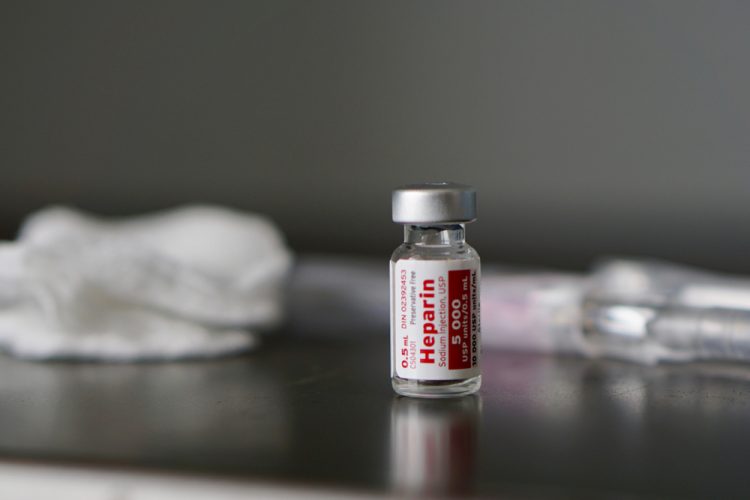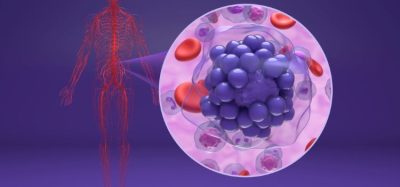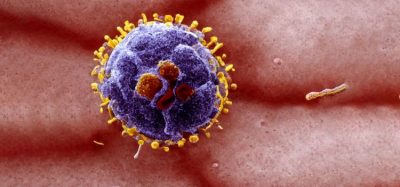Blood thinners reduce need for organ support in COVID-19 patients
Posted: 5 August 2021 | Anna Begley (European Pharmaceutical Review) | No comments yet
Clinical trial shows that treating moderately ill COVID-19 patients with a full-dose blood thinner reduced their need for organ support.


A worldwide clinical trial partly supported by the US National Heart, Lung, and Blood Institute (NHLBI) has found that treating moderately ill hospitalised COVID-19 patients with a full-dose blood thinner reduced their need for organ support, such as mechanical ventilation, and improved their chances of leaving the hospital.
Researchers have previously observed that in some people who died from COVID-19, blood clots had formed throughout their bodies, including in their smallest blood vessels. Doctors did not know which drug, what dose and at what point during the course of COVID-19, antithrombotics might be effective. To answer these questions, three international partners came together and harmonised their trial protocols to study the effects of using a full, or therapeutic dose, of the blood thinner heparin versus a low, or prophylactic dose, of heparin in moderately and critically ill patients hospitalised with COVID-19.
Moderately ill patients were defined as those hospitalised for COVID-19 without the requirement of organ support, and critically ill patients as those hospitalised for COVID-19 requiring intensive care level of support, including respiratory and/or cardiovascular organ support.
In April 2020, hospitalised COVID-19 patients received either a low or full dose of heparin for up to 14 days after enrolment. By December 2020, interim results indicated that full-dose anticoagulation did not reduce the need for organ support and may cause harm in critically ill patients. However, interim results provided one month later indicated that full doses of heparin likely benefited moderately ill patients.
The final analysis of trial data included 1,098 critically ill and 2,219 moderately ill patients. For both moderately and critically ill patients, researchers looked at how long they were free of organ support up to 21 days after enrolment. Among moderately ill patients, the researchers found that the likelihood of full-dose heparin to reduce the need for organ support compared to those who received low-dose heparin was 99 percent. A small number of patients experienced major bleeding, although this was infrequent. For critically ill patients, full-dose heparin also decreased the number of major thrombotic events, but it did not reduce the need for organ support or increase their chances of leaving the hospital early after receiving treatment.
“The formal conclusions from these studies suggest that initiating therapeutic anticoagulation is beneficial for moderately ill patients and once patients develop severe COVID-19, it may be too late for anticoagulation with heparin to alter the consequences of this disease,” said corresponding author of the moderately ill study, Judith Hochman. “The medication evaluated in these trials is familiar to doctors around the world and is widely accessible, making the findings highly applicable to moderately ill COVID-19 patients.”
The findings were published in NEJM.
Related topics
Clinical Trials, Dosage, Drug Safety, Drug Targets, Therapeutics, Viruses









